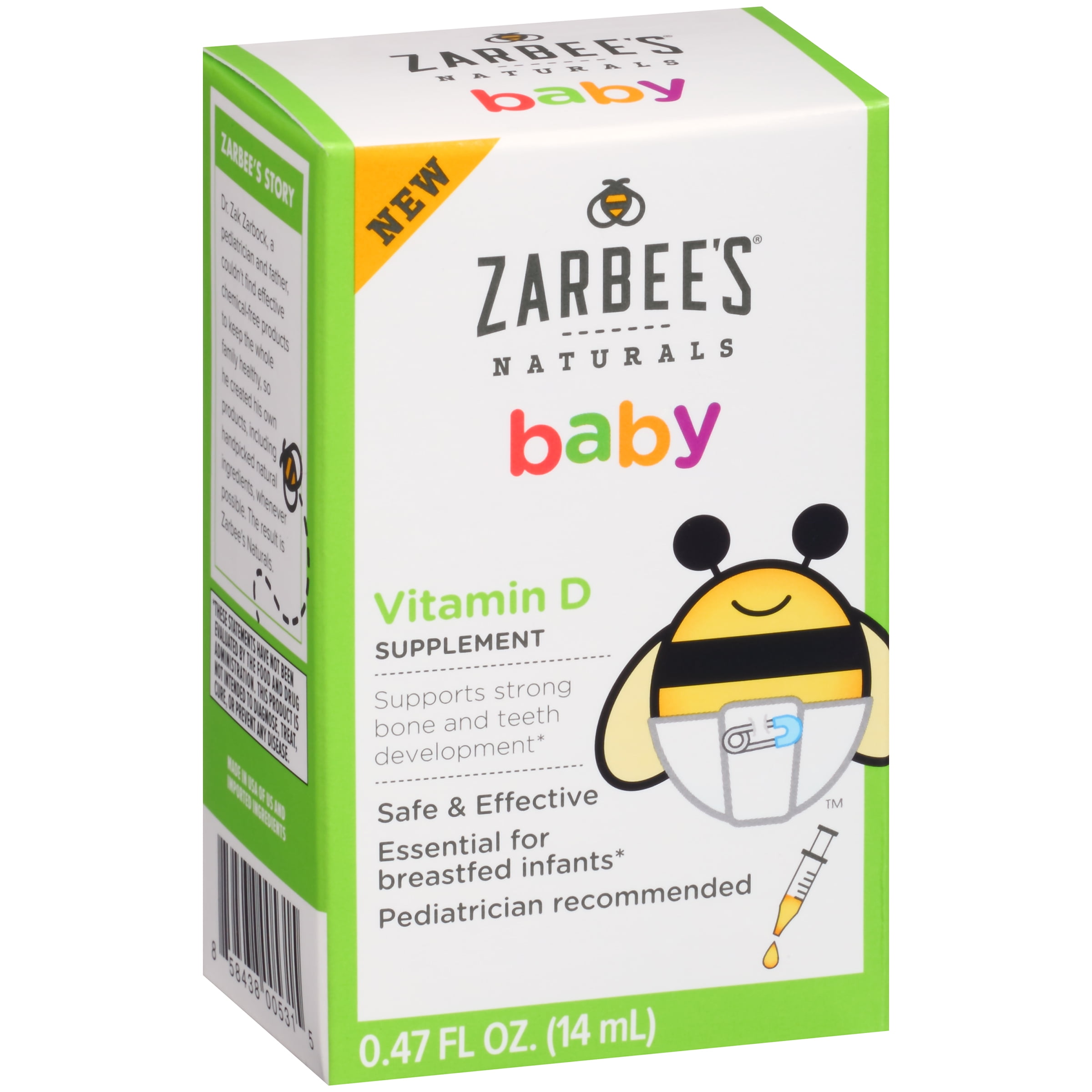
In response to the emergence of nutritional rickets among high-risk children in Ireland at the start of this millennium, the Scientific Committee of the FSAI recommended that all infants, (0 to 12 months of age), regardless of how they are fed, should receive a supplement providing 5 μg of vitamin D only. The odds of vitamin D deficiency were higher in children aged 2448 months, for those not using formula milk and those not adhering to the supplementation. Recently, following advice from EFSA (2014) there has been a change in EU legislation governing the composition of infant formula and this has resulted in a doubling of the minimum amount of vitamin D provided per 100 kcal. One of the only advantages of infant formula is that it is fortified to provide a minimum amount of vitamin D per 100 kcal, which compares favourably with the negligible amounts of vitamin D provided in breast milk.

Recent studies have examined alternative approaches to. current guidelines for vitamin D supplementation, rickets continues to be reported. While infant formula is formulated to be as close as possible to breast milk, it remains substantially inferior. Daily oral vitamin D supplementation (400 IU) is recommended for breastfeeding infants (1 y). The food additive propyl gallate (E310) is used as an antioxidant in water-based vitamin D supplements intended for infants (younger than. and infants born to mothers who were vitamin D deficient through. Despite the many health benefits to infants and mothers, breastfeeding rates are low in Ireland. A blood test for serum Vitamin D level is.

Vitamin D supplementation for infants in Irelandīreastfeeding represents optimal infant feeding practice (WHO 2003). clarifies that from birth applies to both breast fed and formula fed babies.


 0 kommentar(er)
0 kommentar(er)
